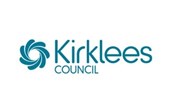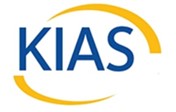If you are thinking about home education for the first time, it may be worth considering the following:
- Prepare for your child's learning before making a decision. Research a range of approaches and learning styles. Decide whether you want to involve others to provide additional teaching support. Explore local activities and groups and consider opportunities for social contact with other children.
- There is no funding available from the government for home educating families, you must meet the costs of your child's education yourself. This will include providing appropriate resources, opportunities for educational visits, access to activities with other children their age and other adults, and exam fees.
- Your child's needs change at different ages and stages. If you decide not to continue with home education and would like your child to attend a school, we will offer to support you in finding a school place.
- If you deregister your child and then change your mind, Kirklees Council is unable to guarantee that your child returns to the same school. Bear in mind the pressure on school places in your area; local schools may not have places available.
- If you have a difficulty or a disagreement with your child's current school. You should contact a member of the school staff to try to resolve the difficulties before removing your child from the school roll. You may decide to consider other local schools for your child. We would also encourage you to contact us to discuss the situation where we may be able to offer support to resolve any issues.
- As a parent you have a legal duty, as set out in section 7 of the Education Act 1996, to ensure that your child receives an efficient full-time education suitable to:
- age, ability and aptitude
- and any special educational needs, either by regular attendance at school or otherwise, (otherwise can mean at home)
- If you use a third party (like a tutor) to deliver part of your child's education, you are responsible for ensuring they are appropriately qualified and suitable. This includes Disclosure and Barring Service (DBS) checks.

